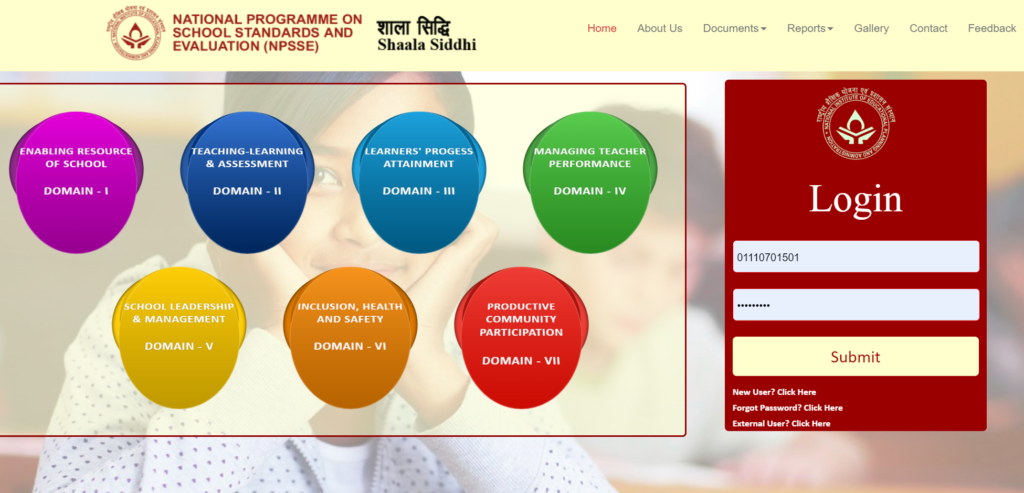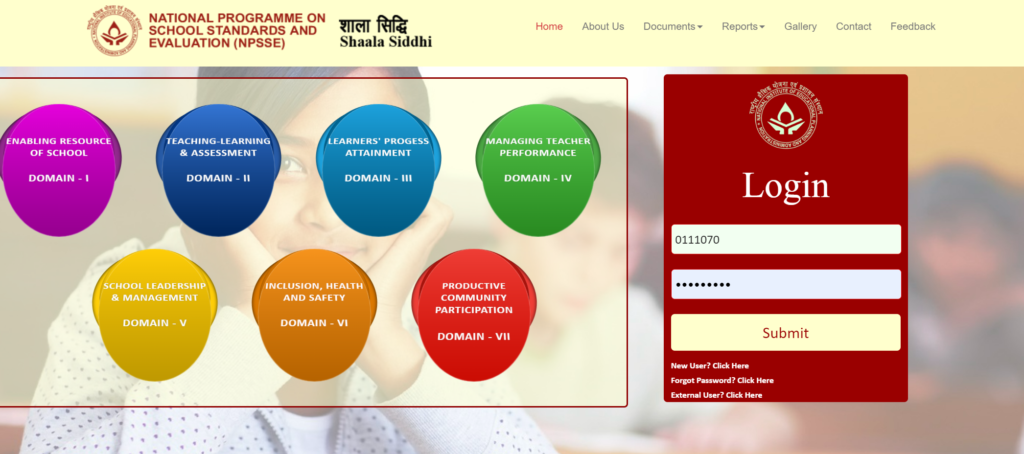Table of Contents
ToggleA Strict Reminder Against Corporal Punishment in Jammu & Kashmir Schools

The Government of Jammu & Kashmir recently issued a circular underscoring the absolute ban on corporal punishment in schools, mandated under the Right of Children to Free and Compulsory Education Act, 2009 (RTE Act). Specifically, Section 17 of the RTE Act prohibits any form of physical punishment or mental harassment of children, a rule further reinforced by the Hon’ble Supreme Court’s rulings. This directive emphasizes creating safe, nurturing environments where students can learn without fear, ensuring their well-being and promoting positive interactions between students and educators. By enforcing this ban, Jammu & Kashmir’s educational institutions are reminded of their responsibility to uphold a standard that aligns with child rights and mental health considerations. The government aims to eliminate any form of intimidation or harm in schools, as corporal punishment, once a common disciplinary tool, is now recognized as both detrimental to students’ well-being and a barrier to productive learning environments.
Understanding the Ban on Corporal Punishment
Corporal punishment,” often used as a disciplinary measure, includes physical actions (like hitting or slapping) and mental harassment (including ridicule or intimidation). Research shows that such practices can lead to severe mental health issues in children, harming their cognitive and emotional development. The RTE Act’s “Section 17” categorically bans these practices, highlighting that they are not just harmful but also an impediment to the educational and social development of students.
The Importance of a Safe Learning Environment
According to educational psychologists, a safe, encouraging atmosphere in schools contributes significantly to a child’s learning and overall development. When children experience fear or anxiety due to corporal punishment, they may develop a fear of school, affecting their academic performance and social interactions. This kind of environment can be particularly damaging, leading to a lack of motivation, distrust in teachers, and, in some cases, trauma.
The Jammu & Kashmir government’s circular specifically highlights the potential for *corporal punishment to harm children’s mental health, which has become a pressing issue for parents and educational administrators alike. This directive reinforces the commitment of the **Youth Services and Sports Department* of Kashmir Division to protect the rights and well-being of every student.
Role of Physical Education Staff
The circular is addressed to all physical education staff members in Jammu & Kashmir, including Physical Education Lecturers, Masters, Teachers, and Rehber-e-Khels. These individuals often play a key role in guiding students beyond academics, contributing to their physical and psychological well-being. However, the circular warns that these staff members must not use corporal punishment as a disciplinary tool, as doing so can lead to disciplinary action under the relevant service rules.
Impact on Student Learning and Development
Research supports that “corporal punishment” negatively impacts students’ learning and development, contributing to a hostile environment that hinders growth. When teachers or school staff use force or harsh discipline, it can instill fear rather than respect, reducing student engagement in school activities. Studies show that positive discipline methods, which emphasize empathy and respect, lead to better behavior, improved academic performance, and a more inclusive learning environment.
Legal Framework for Disciplinary Action
The RTE Act, backed by Supreme Court rulings, provides a strict framework for enforcing the ban on corporal punishment. The Jammu & Kashmir government’s circular reaffirms that violators will face strict disciplinary action under existing service rules, ensuring that this mandate is followed. This legal framework is crucial for upholding the rights of children to receive an education free from fear or hostility.
Why Corporal Punishment is Outdated and Ineffective
The use of corporal punishment is now widely regarded as an outdated and counterproductive disciplinary measure. Contemporary educational research advocates for positive reinforcement and constructive guidance, which have been proven to foster better academic performance and healthier social relationships among students. Traditional punitive approaches often induce fear, resentment, and disengagement, while positive disciplinary methods encourage trust, respect, and motivation. The Jammu & Kashmir government’s circular reflects this shift towards modern educational standards, which prioritize student well-being and collaborative teacher-student relationships. By moving away from punishment-based approaches, educational institutions are better equipped to cultivate responsible, respectful, and engaged students who view learning as a positive, enriching experience rather than a source of stress or fear.
Conclusion
The circular from the Jammu & Kashmir Youth Services and Sports Department sends a clear and necessary message against corporal punishment, in alignment with the RTE Act and Supreme Court rulings. This directive represents a commitment to creating an educational environment that values mental health, emotional security, and holistic development over outdated and harmful disciplinary practices. By reinforcing this ban, the government ensures that students have the opportunity to learn and grow in safe, supportive settings where they can engage fully and confidently. The circular also serves as a reminder to educators of their responsibility to cultivate positive relationships with students, thereby creating a learning atmosphere that aligns with modern educational values and the fundamental rights enshrined in the RTE Act.
FAQ: Corporal Punishment Ban in Jammu & Kashmir Schools
1. What is corporal punishment?
It includes physical actions (hitting, slapping) and mental harassment (ridicule, intimidation) as a form of discipline.
2. Why was the reminder issued?
To reinforce the ban on corporal punishment in schools, ensuring a safe, supportive environment for students.
3. How does corporal punishment affect students?
It can cause anxiety, fear, and hinder academic and emotional development.
4. What is the role of physical education staff?
They must refrain from using corporal punishment and use positive discipline techniques instead.
5. What are the legal consequences?
Violators will face strict disciplinary action under existing service rules.
6. What alternatives are recommended?
Positive discipline methods, like conflict resolution and constructive feedback, are encouraged.
7. How does a safe learning environment help students?
It boosts motivation, engagement, and academic success.
8. What should parents do if corporal punishment occurs?
Report incidents to school authorities or educational offices.
9. How does this align with modern education?
It supports a shift toward empathy, respect, and positive reinforcement in schools.
10. How can teachers enforce discipline without punishment?
By setting clear expectations and using rewards and constructive feedback.
11. What is the Youth Services and Sports Department’s role?
It promotes positive discipline among physical education staff for student well-being.
12. How does this impact education in Jammu & Kashmir?
It fosters a safer, more inclusive learning environment for all students.


